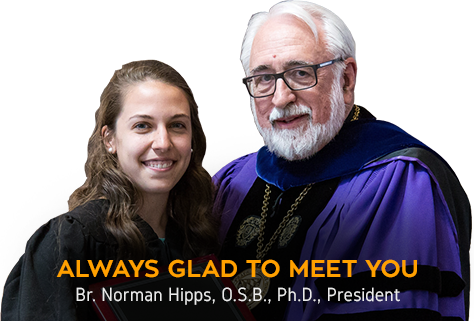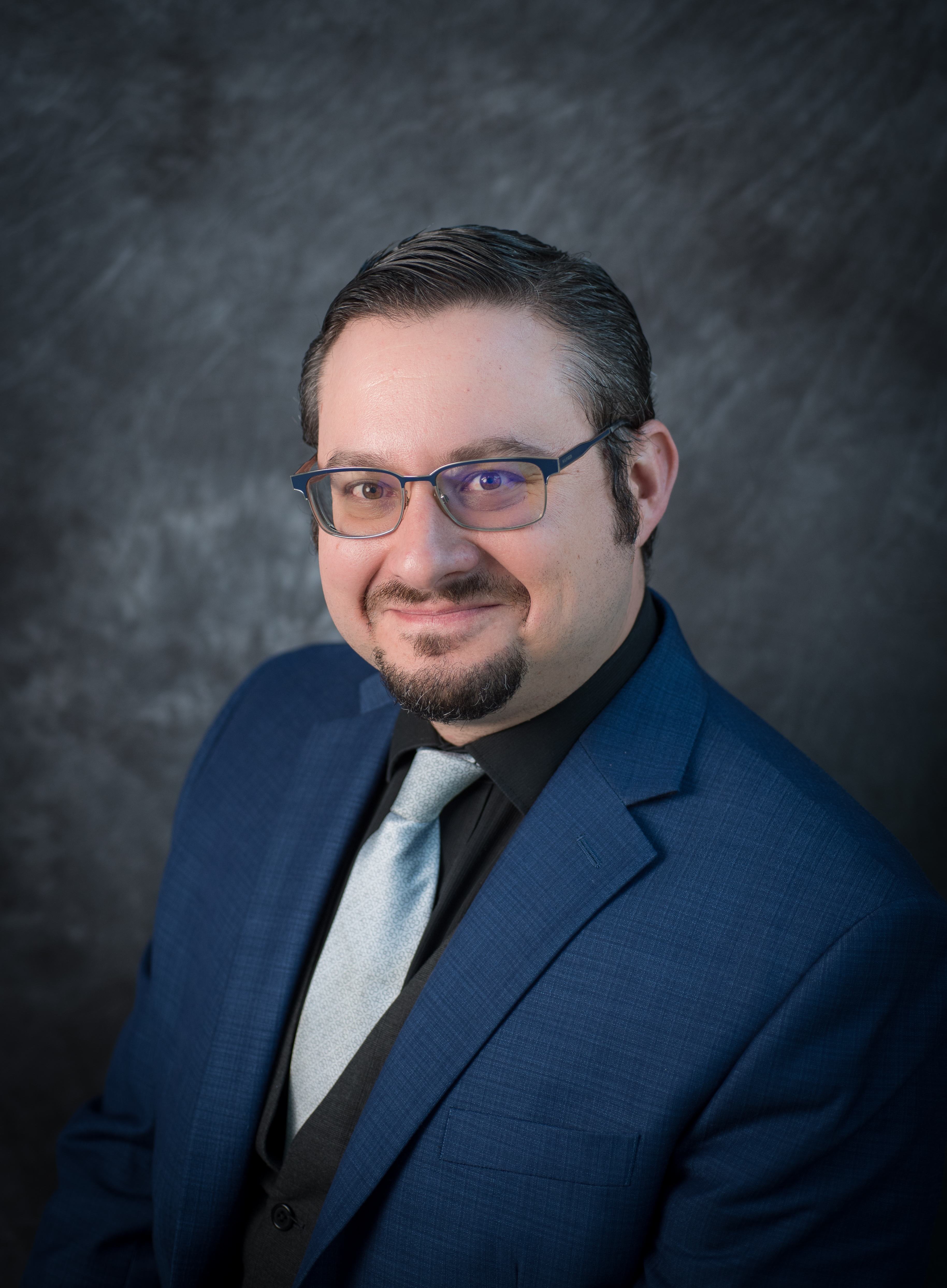Over the past several weeks, I’ve been working on co-editing a three-book series on leadership. The first book focuses on leadership theory. Thus, I’ve recently been reflecting on the importance of theory in academia.
To define, a theory is an idea – something that can be stated and then tested through data to see if its principles apply (or don’t apply) in a variety of contexts. Thus, educating students on theory helps show them how a phenomenon can be related to a variety of situations so that they can, I hope, find usefulness and meaning in considering how the idea relates to their own lives. Specifically in leadership (and management) education, it is not enough for instructors to rely solely on examples or cases without relating them to theories.
Research scholar Anne Sigismund Huff (2008) notes that the purpose of theory is to advance the understanding of a phenomenon. The theory should be stated and then tested to see how it best applies (as well as to understand its limitations). Though this approach is widely used in the physical and natural sciences, the scientific method is necessary for other disciplines including leadership and organizational studies in the tradition of the social sciences as well. Some of my favorite theories in my field include social identity theory, servant leadership theory, and transformational leadership theory – many of which I’ve written about and applied in previous blogs.
For the past four years (since its inception), I have been integrating such academic data-supported leadership theories with Benedictine Principles in the Benedictine Hallmarks Studies program at Saint Vincent. In doing so, I first introduce theories of leadership to students, and we discuss how they relate to Benedictine Hallmarks. Then we examine an example (often through a film that clearly exhibits the theories – ones I have used in the past include “Wonder Woman” and “The Hobbit” as I discussed in previous blogs). In the following discussion, we relate how the theories we previously introduced apply to the film to ensure that students understand the elements of the theory. Then, students (with their newfound understanding of the theory) clearly relate components to their own lives and situations, applying both conceptual ideas and Benedictine Hallmarks to their own unique circumstances.
I am convinced that this approach helps participants to become more successful in their leadership roles. They are able to internalize those academically supported concepts into their own lives and clearly see how they relate to their own situation rather than just being provided with examples of leaders that may not be able to translate easily to a learner’s own context without the help of theory. After all, as Quinnipiac University’s Dr. Therese Sprinkle and I noted in our study of big band leader Glenn Miller’s leadership success, each individual leader’s context is unique (Urick & Sprinkle, 2013). In other words, what makes a leader successful in one situation may not make her or him successful in another. Thus, learning about a leader such as Glenn Miller will do no good unless examples are tied to theory and examined by students under a conceptual lens so that they can glean some usefulness to their own context.
There are some criticisms of leadership and management programs that state that they are not "practice based" if they aren’t grounded in a case or example and rely more heavily on theory. While I understand this to an extent, I do not agree with it. The purpose of a program in these areas should be to create somewhat generalizable knowledge that could apply to many (not just one) situation. An issue with some leadership programs (and publications) in particular is that they lose sight of the concept of generalizability and often rely only on personal experience in their approach which can be a bit more biased or relevant only to a particular situation and therefore limiting to students. Starting with theory as a basis for leadership education (as well as education in a variety of other disciplines) is a way to consider the generalizability of a concept.
My belief for any level of higher education (doctoral, master's, or bachelor's) is that it is the facilitator's (i.e., professor's) job to provide students with a variety of academically supported perspectives/theories on certain topics to be used as initial talking points or thought generators. From there, students can take these ideas, work through them on their own with guidance of the instructor, and apply those that they feel are most applicable to their own particular setting. Part of the necessary job of faculty is to provide students with experiential portions (such as examples, case studies, visits to notable related sites, etc.) in order to present students with perspectives. However, these visits should be framed in the context that they are but "one example" related to course topics. To illustrate, I've heard about some programs that, instead of using “field trips” to course-related sites as one of several examples balanced with more formalized generalizable classroom knowledge, frame these more localized experiences to students as "the only way" that certain concepts can be used.
So, I guess for me, I agree with a practice-based approach when it is not isolated to one particular example but presented together with supported underlying theories and related to established generalizable knowledge. I think that both a practice-based and generalized knowledge-based approach can be limiting in isolation of each other. Really, practice needs to be tied to accepted theory in academic programs to provide the maximum benefit for students.
Luckily, I think Saint Vincent does this well. Examples that come to mind include our study-abroad trips that visit multiple organizations to see theories applied in different ways as well as our internship program that challenges students to relate their daily tasks to concepts that they've learned about in the classroom.
Do you agree that theory is important in a liberal arts education? What is a theory (or perspective) that has stuck with you and has been helpful to you? I’m looking forward to your feedback. Email me at michael.urick@stvincent.edu, message me on Facebook (https://www.facebook.com/urickmj/) and LinkedIn (https://www.linkedin.com/in/michael-urick-05b775a3/) or leave me a comment here.
Dr. Mike Urick
Huff, A. S. (2008). Designing research for publication. Sage.
Urick, M. J., & Sprinkle, T. A. (2013). 13. Glenn Miller: Leadership lessons from a successful big-band musician. Extreme leadership: Leaders, teams and situations outside the norm, 165-186.


 中国学生
中国学生 Estudiantes
Estudiantes




